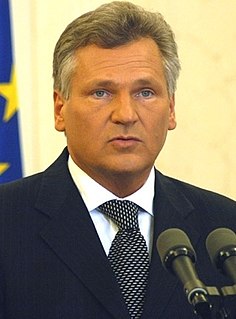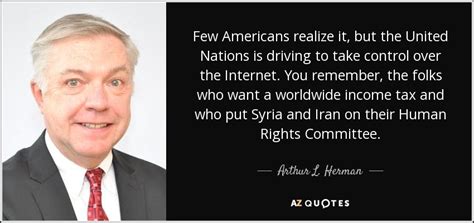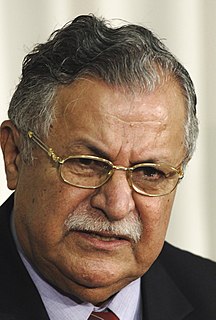A Quote by Tony Blair
I think we've, again, got to be extremely careful; otherwise we'll misunderstand what's going on in Iraq and in Syria today. Of course, you can't say that those of us who removed Saddam in 2003 bear no responsibility for the situation in 2015.
Related Quotes
I think what Mr. Trump has made clear is that he would not undertake optional wars, what I have called wars of choice, a la, say Iraq in 2003 or Libya, for the purposes of transforming another country. It's not clear whether Hillary Clinton, if she were to have the opportunity, would do such a thing again or whether she would have taken a - the lesson from both Iraq and Libya that we ought not to be undertaking those kinds of wars of choice.
Since United States military operations in Iraq began in 2003, I have visited Iraq at least 15 times. But unlike politicians who visit, the question for me has never been why the U.S. got into Iraq. Instead, as the CEO of Blackwater, the urgent question was how the company I head could perform the duties asked of us by the U.S. State Department.
I really see the U.S. staggering under the burden of three blows. One is 9/11 and the threat of terrorism, which is still huge in Syria, Iraq, and elsewhere. The second is the failed 2003 war in Iraq, which cost so much and ruined America's credibility in the eyes of so many. Obama has repaired it to some extent, but those scars are deep. And then, thirdly, banks failed, the whole real estate market had the carpet pulled out from under it.
I dream about going back, but I know that it isn't easy. Thirty years of being in Europe has changed my life. I am not the Kurd from Syria anymore as I was before. Kurdistani Syria developed somewhere, and I developed elsewhere. I think we will not find each other easily again. If I go back I will be a foreigner in my own country now. But of course it remains a dream to make another movie in Syria, and I am waiting for that opportunity.
Should President Clinton have killed Osama bin Laden when he had the opportunity in 1990s? Should President Bush have sent the U.S. military into Iraq to depose Saddam Hussein in 2003? Should President Obama have withdrawn all troops from Iraq in 2011? Such questions provide no real insight into future considerations.
I have defended Syria for a long time, so I was admiring Syria, I have admired your president very much. I hope at some point to be able to meet him and shake his hand. I think he is the greatest man in a very difficult period, and especially with what's going on right now, in terms of Lebanon and its relations with Syria. But absolutely, even from my perspective, and it shows you how the Zionist media around the world controls and affects all of us. Even those of us who are aware of it - it's subtly affecting.











































